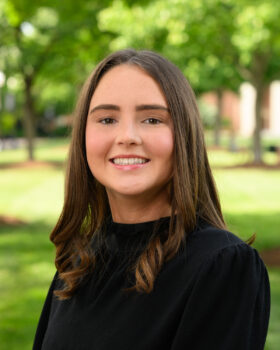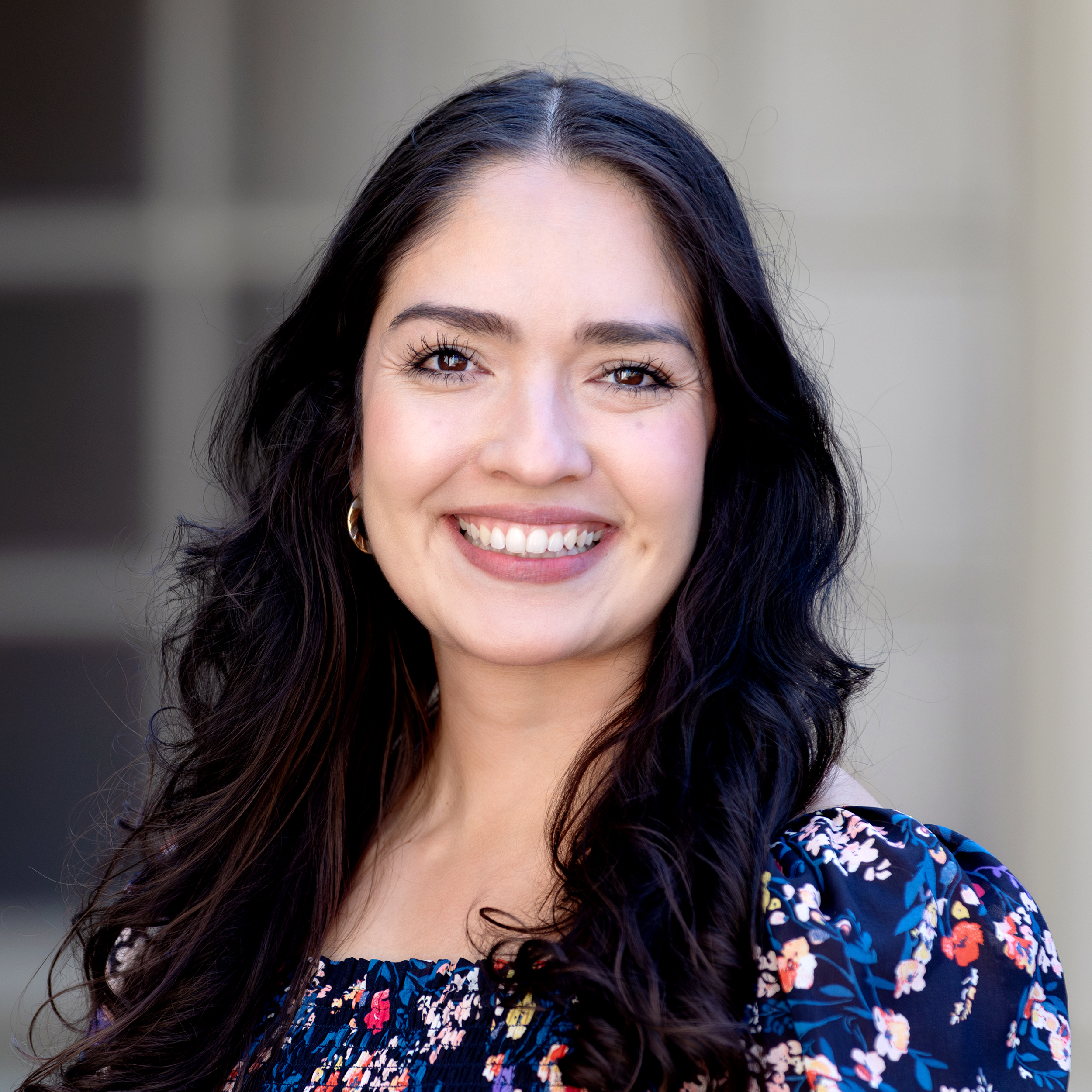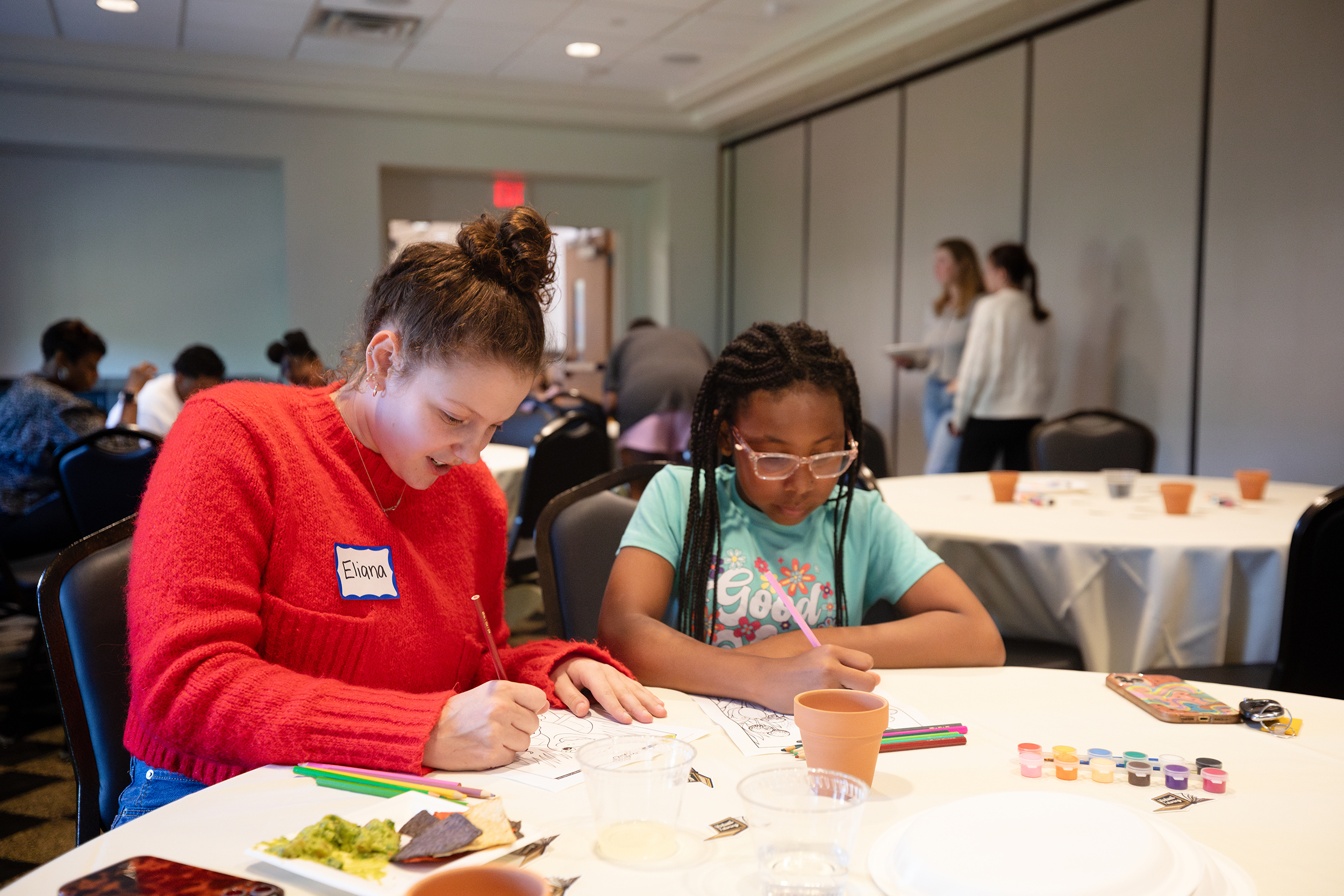Virtual tutoring program launched during pandemic celebrates 5 years
Wake Forest tutors have provided academic support for 743 schoolchildren

A virtual tutoring program started by Wake Forest University during the first weeks of the COVID-19 pandemic has evolved into a permanent educational resource for hundreds of families in Forsyth County.
The free online program is celebrating its fifth anniversary this spring. More than 730 Wake Forest students have led weekly one-on-one online tutoring sessions for 743 students from more than 100 schools, including nearly all institutions in the Winston-Salem/Forsyth County system. The program is student-led with support from Wake Forest’s Office of Civic and Community Engagement (OCCE). Camry Wilborn, a 2016 graduate working as an OCCE staff member at the time, put together the initial plan in 2020 to connect Wake Forest students with K-12 students adjusting to the challenges of learning from home.

“Even though schools are back in person, many students still don’t have access to the one-on-one support they need to thrive,” said senior Alice Hogan, a psychology major from Houston who has tutored children in reading, math, writing and social studies since arriving on campus four years ago.
“Virtual tutoring continues to fill the gap and meet real educational needs.”
Wake Forest senior Alice Hogan
In other words, the service has long outlived the extraordinary conditions that brought it to life. Participation numbers have remained steady over time.
Katie Ferguson and her daughter have been with the virtual tutoring program since the beginning. Their family is one of at least 18 to have worked with Wake Forest students for all five years.
“The Wake Forest tutoring program has been such a blessing to our household over the past several years,” Ferguson said. “My daughter has gained confidence with her math skills, test scores have improved, and her grades have been excellent.”
Each semester, about 100 Wake Forest students are paired with local students based on a variety of criteria, including tutor expertise, student needs, scheduling availability, and the grade-level preference designated by the tutor. Any parent of a child in Winston-Salem/Forsyth County Schools who wants a tutor can request one. Once tutors and families are matched, they decide together what day and time to schedule the child’s hour-long tutoring session and what technology platform to use.
Wake Forest student directors recruit and train tutors, host informational sessions for families, and organize final tutoring matches. More than a third of the K-12 students participating during the 2024-25 school year attended a Title I school. Many students request assistance with math or reading, but tutors have also covered a wide range of other subjects for kindergartners through seniors.

“Sessions usually start with ‘How did your day go? How was that test you told me about last week? Are you doing anything fun this weekend?’” said Cazandra Rebollar (’17), the OCCE assistant director who advises the student directors. “I think that the connection that our students build with families in the community is really important. It helps our students feel like Winston-Salem is home for them, too.”
The program “revealed how powerful virtual connections can be,” said Hogan, who tries to break tasks in tutoring sessions down into smaller, more manageable steps so they don’t feel overwhelming. She also likes to end sessions with a fun game, like Wordle.
The program’s accessibility – for tutors, tutees and families – is one of the biggest reasons for its success.
Alexa Edwards’ son Jahmai Brinkley, a ninth-grader, meets with first-year Wake Forest student Charlie Steffen to get help with math. Edwards appreciates the convenience of online sessions.
“For me, it meant not having to get off work and bring him to campus,” Edwards said. “We could just go home, and he could log in. If you can’t keep them engaged, they’re not going to be able to acquire the skills you’re trying to develop. That has been key. I have been impressed that they have the knack for knowing how to do that.”
Steffen has experience as a camp counselor and Little League umpire and likes working with kids. He gets excited about tutoring successes.
“There’s a jump from not understanding to understanding,” he said. “I was once in his shoes. I’d run into a math concept I didn’t understand. Then, after a lot of practice, it clicks.”
“If I have been stuck on a problem, once I get with my tutor, it definitely helps,” Brinkley said. “I turn in work packets early now.”
At Wake Forest, a reliable and enthusiastic pool of tutors also found it easy and rewarding to volunteer.
“What we found is that virtual tutoring has a low barrier to entry for volunteers,” said Jennifer Mereby Rubin, director of operations and strategic initiatives for the OCCE. “They don’t have to have a car. All they need is a computer and a place to go for an hour a week. It’s very easy for them to make a difference.”
Senior Gina Ortiz, a philosophy and politics major from Guaynabo, Puerto Rico, who will attend law school in the fall, is a veteran of the program.
“(The program’s leaders) make it easy for you to come back,” she said. “There’s a lot of very clear communication.”
Edwards also highlighted the broader impact on the community.
“This program definitely speaks to the University’s priorities for outreach and really wanting to give back.”
Alexa Edwards, the parent of a student participating in the tutoring program.

Twice a year, tutors and their students have the chance to meet face-to-face on campus for dinner and a shared activity like painting. They talk and laugh and enjoy spending off-screen time together without focusing on a lesson.
Ashleigh Hampson, a senior from Alpharetta, Georgia, majoring in religious studies and politics, said she “became a tutor to get more involved with the broader Winston-Salem community as I was starting to find my footing here on campus. Virtual tutoring was a great way to do this without needing a car or a way off campus.”
Hampson has been tutoring since her first year at Wake Forest and has worked with the same student every semester.
“It has been so rewarding to see her grow over the last four years,” she said.
The same could be said of the entire program.
Categories: Community Impact, Leadership & Character
Media Contact
Cheryl Walker
media@wfu.edu
336.758.5237



